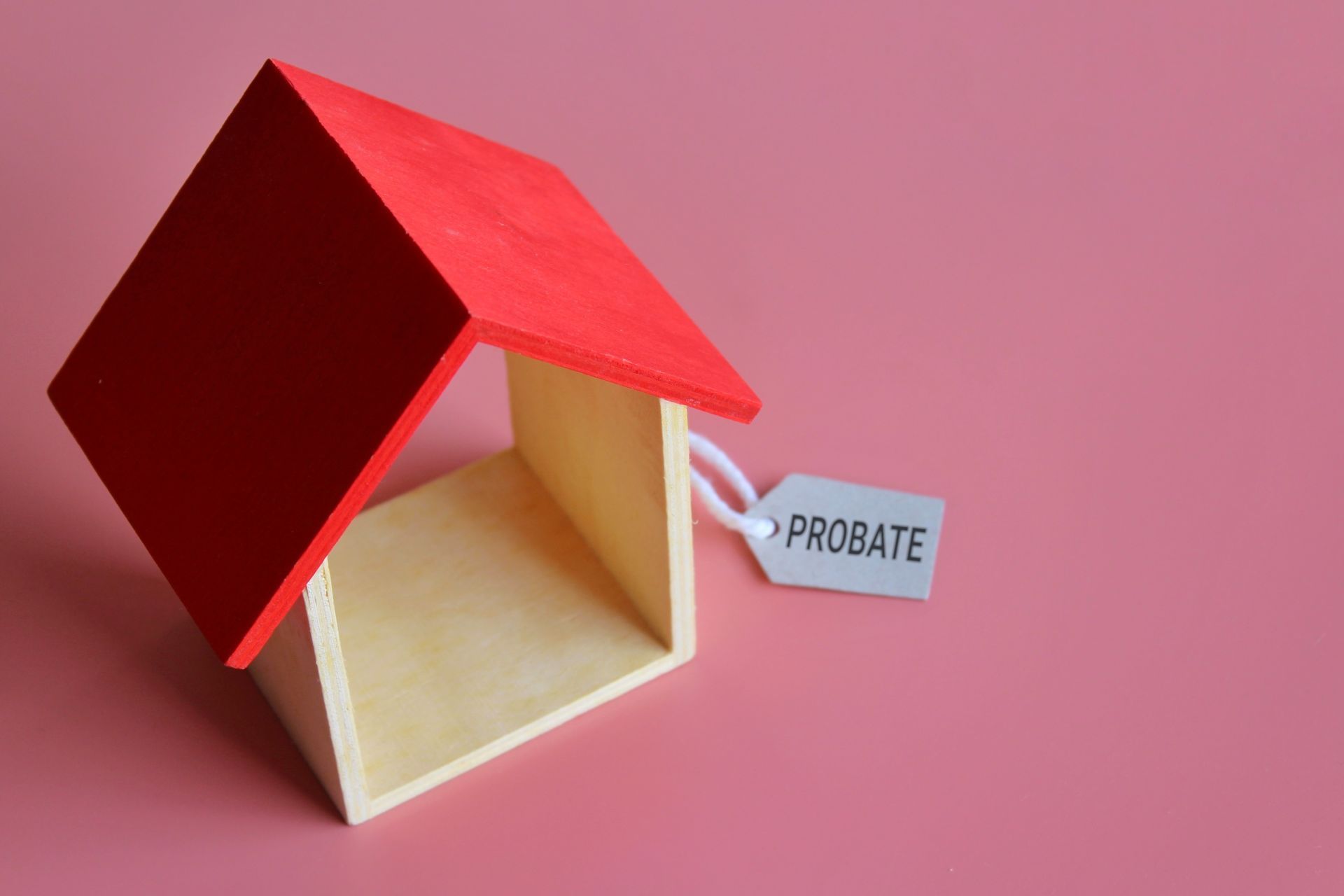What Role Does a Guardianship Lawyer Play?
Many people choose to appoint a guardian for their children in case something happens to them. A guardianship lawyer can help you create a legal document that will ensure your children are taken care of if something happens to you.
At Doane & Doane, our attorneys have experience with guardianship law and can help you create a plan that is in your children’s best interests. We will work with you to understand your unique situation and create a custom plan that meets your needs.
Contact us today to schedule a consultation with one of our experienced guardianship lawyers. We can help you create a legal document that will ensure your children are taken care of if something happens to you.
What Is a Guardianship?
A guardianship is a legal relationship between a person who is appointed by the court to make decisions on behalf of another person, called a ward. Guardians are typically appointed to make financial and healthcare decisions for incapacitated adults or minor children. The powers and duties of a guardian are set forth in state law.
When someone is no longer able to make their own decisions, whether due to age, illness, or injury, a guardian can be appointed to act on their behalf. A guardianship can be temporary or permanent, depending on the needs of the individual.
There are different types of guardianships that can be established, depending on the situation. A plenary guardian has authority to make all decisions regarding the ward’s care and welfare. A limited guardian has authority to make only specific decisions as set forth by the court.
A standby guardian is someone who is appointed to take over as guardian if the primary guardian is unable or unwilling to continue in that role.
Types of Guardianship
A guardian is a person who has been legally appointed to make decisions on behalf of another person, known as a ward. A ward can be a minor child or an adult who is unable to make his or her own decisions due to a mental disability. There are several types of guardians, including full, limited, co-guardianship, temporary, estate, and ad litem.
Full Guardianship gives the guardian complete control over the ward’s personal and financial affairs. The guardian has the authority to make all decisions regarding the ward’s care and welfare, including where the ward will live, what medical treatment the ward will receive, and what type of education the ward will receive.
Limited Guardianship allows the guardian to make only certain decisions on behalf of the ward. For example, a limited guardian may be appointed to make healthcare decisions for a ward who is unable to do so himself or herself.
Co-Guardianship is when two people are appointed as joint guardians of a ward. This arrangement is typically used when the ward has a medical condition that may cause him or her to become incapacitated at some point in the future.
A Temporary Guardian is appointed to make decisions on behalf of a ward for a specific period of time. For example, a temporary guardian may be appointed if the ward is going to be hospitalized for an extended period of time or if the ward is going to be placed in a nursing home.
An Estate Guardian is appointed to manage the ward’s financial affairs. The estate guardian has the authority to pay the ward’s bills, invest the ward’s money, and make other financial decisions on behalf of the ward.
An Ad Litem Guardian is appointed by a court to represent the interests of a ward in legal proceedings. Ad litem guardians are typically used in child custody cases or when someone is trying to get a guardianship order for someone who is unable to participate in the legal proceedings.
What Are the Duties of a Guardian?
The duties of a guardian vary depending on the type of guardianship and the needs of the ward. Generally, guardians are responsible for making sure that the ward’s basic needs are met and that their rights are protected. This can include making decisions about where the ward will live, what medical treatment they will receive, and managing their finances.
Guardians must act in the best interests of the ward at all times and must keep the court informed of any changes in the ward’s condition or circumstances.
If you are considering becoming a guardian, or if you have been appointed as a guardian, it is important to understand all of the duties and responsibilities that come with the role. An experienced guardianship lawyer can help you to understand your rights and obligations and can provide guidance and support throughout the process.
Why Do I Need a Guardianship Lawyer?
There are many reasons why you might need a guardianship lawyer. You might need one if you are considering becoming a guardian for someone, or if you are already a guardian and need help with your duties. You might also need a guardianship lawyer if you are the parent of a child with special needs, or if you are the relative of someone who is unable to take care of themselves.
A guardianship lawyer can help you navigate the process of becoming a guardian, and can provide guidance on how to best fulfill your responsibilities. If you are already a guardian, a guardianship lawyer can help you understand your rights and obligations and can offer advice on how to handle difficult situations.
If you have been named as the guardian of a child with special needs, or if you are the relative of someone who is unable to take care of themselves, a guardianship lawyer will make sure that you are able to meet the needs of the person you are responsible for.
Guardianship lawyers have a deep understanding of the law and can provide you with the information and resources you need to make sure that you are providing the best possible care for your ward.
Contact Doane & Doane Today
No matter what your reason for needing a guardianship lawyer, it is important to choose someone who you can trust and who has experience in this area of law. Doane & Doane has experience handling all types of guardianship cases, and our attorneys are here to help you every step of the way. Contact us today to learn more about our services and how we can help you.
Phone: 561-656-0200
The information in this blog post is for reference only and not legal advice. As such, you should not decide whether to contact a lawyer based on the information in this blog post. Moreover, there is no lawyer-client relationship resulting from this blog post, nor should any such relationship be implied. If you need legal counsel, please consult a lawyer licensed to practice in your jurisdiction.
Disclaimer: The information on this website and blog is for general informational purposes only and is not professional advice. We make no guarantees of accuracy or completeness. We disclaim all liability for errors, omissions, or reliance on this content. Always consult a qualified professional for specific guidance.
RECENT POSTS






